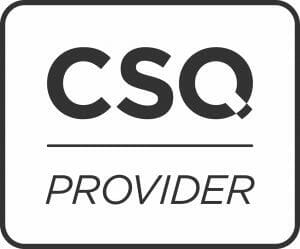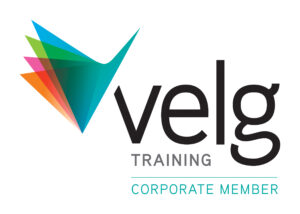About this Boom-Type EWP Course
Looking to get licensed to operate a boom lift over 11 metres? You’re in the right place.
This course provides the skills and knowledge needed to operate boom-type elevating work platforms (EWPs) with a boom length of 11 metres or more, in line with national High Risk Work Licence requirements (Class WP).
Once completed, you’ll be qualified to operate a range of boom-type EWPs, including:
-
Self-propelled boom lifts
-
Trailer-mounted boom lifts
-
Truck-mounted boom lifts
This training is essential for working safely at height in construction, maintenance, and industrial settings.
Course Outline
The TLILIC0005 – Licence to Operate a Boom-Type Elevating Work Platform course runs over 3 days, with a focus on safety, compliance, and hands-on practice.
-
Day 1: Safety introduction, WHS regulations and EWP fundamentals
-
Day 2: Practical operation, skills development and risk management
-
Day 3: Final assessment for High Risk Work Licence (WP)
Each session builds on the last—developing your technical ability and confidence operating boom lifts safely in a variety of environments.
Location:
Public course is available at Ingleburn, NSW, Carrum Downs, VIC & Salisbury, QLD
Course Availability & Pricing
Please see our public course dates below. If there are no dates available or you would like to arrange a private course at your site or ours, then please select the ‘Private course’ button.
Further Information
What is an Elevating Work Platform?
To operate a boom type elevating platform, you need a High Risk Work WP licence.
An elevating work platform uses a telescoping device, hinged device, articulated device or any combination of these to raise personnel, equipment or materials to perform work.
The length of the boom is the greater of either the:
- vertical distance from the surface supporting the boom-type elevating work platform to the floor of the platform with the platform extended to its maximum height
- horizontal distance from the centre point of the boom’s rotation to the outer edge of the platform with the platform extended to its maximum distance.
Note: elevated work platforms less than 11 metres in length are not included in this definition.
EWP over 11m course FAQ
- What Is an EWP Over 11m Licence?
An EWP (Elevated Work Platform) requires a special licence (WP licence) when operating over 11 metres (as the greater height this is considered higher risk work). That means skilled prior training and adherence to specific safety regulations and compliance is needed prior to applying for and obtaining the licence.
- Benefits of an EWP Over 11m Licence in QLD & NSW
Having this licence gives you an advantage because you will be able to reach higher platforms a standard ladder cannot. With an EWP over 11m licence you will be able to operate any boom-type elevated work platform that have a height/reach of 11m or more, including;
- Self-propelled
- Trailer-mounted
- Truck-mounted boom lifts
This is very useful on building sites, warehouses and other industries where working at ground level isn’t possible and lifting people to a higher level to effectively work is required.
- What You Will Learn in an EWP Over 11m Course
This course is designed for new or experienced operators who want to work with EWPs at heights/reaches over 11m. There is a key focus on safety compliance to reduce any potential danger or risks you may encounter on the job.
After successfully completing the course, you will be equipped with the knowledge required to apply for your HRW licence. Some of the key learning experiences of this course include:
- Safety compliance, including risk + hazard assessment and personal protective equipment
- Planning and preparing work
- Inspecting and preparing the work site
- Setting up, securing and shutting down the EWP
- Operating an EWP
- Conducting checks and maintenance on equipment
SafeWork/WorkSafe conditions of assessment:
- Applicants to be at least 18 years of age.
- Able to produce 100 points or more of identification as per the SafeWork NSW / WorkSafe QLD identification checklist.
- Speak and understand English at a level to be able to participate in the training and assessment
Note: Verbal assessments can be arranged for applicants with writing and reading difficulties (extra charge applies)




